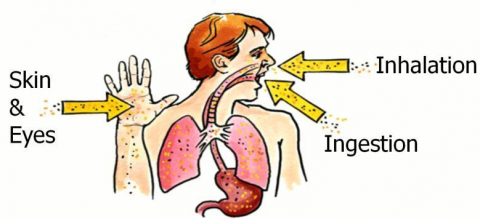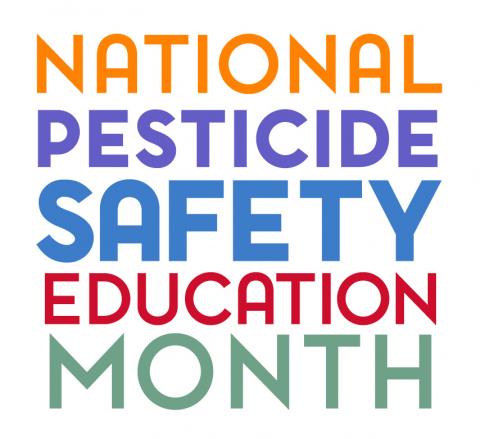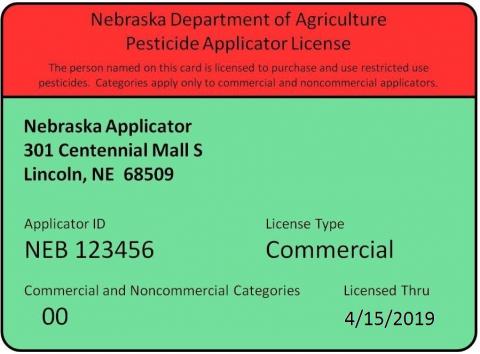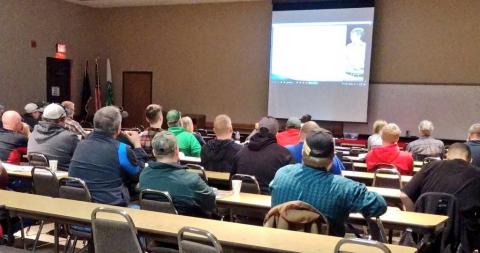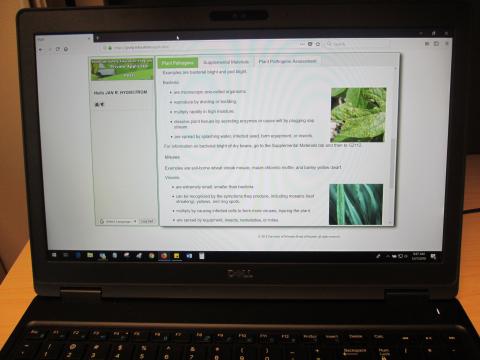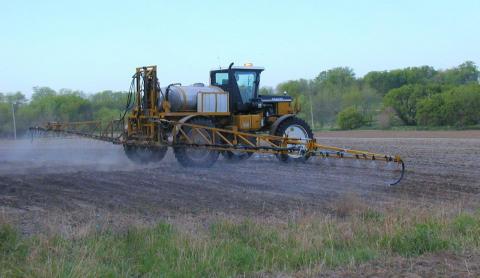What Will Future Ag Health Studies Say?
March 6, 2019
Don’t wait for a study to tell you to work more safely around chemicals. Be proactive and protect yourself with proper personal protective equipment (PPE).
Pesticide Safety Education Featured in February
February 1, 2019
February is National Pesticide Safety Education Month. In Nebraska, more than 30,200 people have been trained and certified to be restricted use pesticide applicators, about 9,700 of which will be recertified in 2019.
Applying Pesticides Safely
January 7, 2019
The world of pesticides is continually evolving. In spite of this, there are many basic principles that commercial and noncommercial applicators should always follow when handling or using pesticides.
Commercial/Noncommercial Applicators: Extension Training Available February-April
December 13, 2018
In 2019 approximately 3,200 commercial and noncommercial pesticide applicators will need to be recertified in Nebraska. They include fumigators, ornamental and turf applicators, exterminators, and others.
Private Applicators: Look to Pesticide Label Changes, Avoiding Off-target Movement in 2019 Training
December 13, 2018
Nebraska Extension training is available for private pesticide applications seeking certification or recertification at approximately 200 sessions.
Revamped Online RUP Private Applicator Training Now Available
December 13, 2018
Nebraska Extension’s newly revamped, more user-friendly private applicator online training program is now available. It is an alternative to attending a PSEP training session or using self-study printed materials.
Think Your Sprayer's Clean? Think Again
June 6, 2018
A 120-foot sprayer can have as many as 96 nozzles and screens and stow away as much as 15 gallons of pesticide residue in its nooks and crannies after an application is done. Consider these tips for thoroughly cleaning your sprayer to avoid off-target contamination.
Applying Pesticides Safely
January 8, 2018
The world of pesticides is continually evolving; however, many basic principles of pesticide use for commercial and noncommercial applicators remain the same. It is vital to become familiar with how a product should be properly applied by reading and following its label. Listed here are some basic steps and a number of Nebraska Extension resources for further information. An article from the Proceedings of the 2018 Nebraska Extension Crop Production Clinics.
